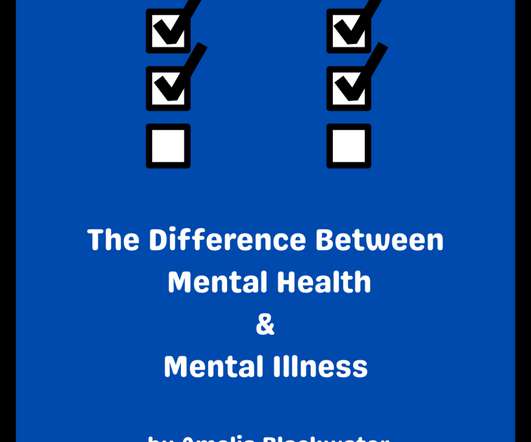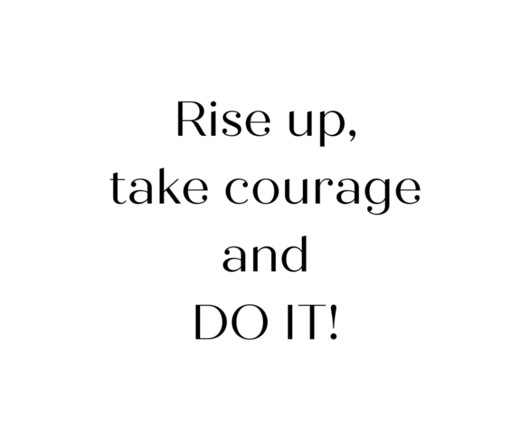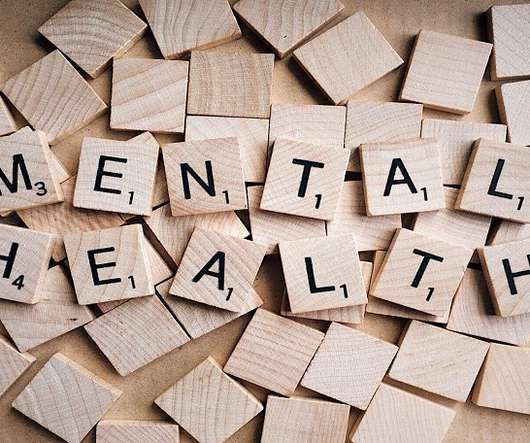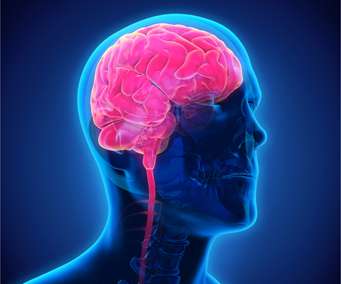Guest Post: The Difference Between Mental Health & Mental Illness by Amelia Blackwater
Bipolar Bandit
OCTOBER 27, 2021
Mental health reflects “our emotional, psychological, & social well-being.”. The main groups of mental disorders are: * Anxiety disorders. Substance abuse disorders ex. Wh at is Mental Health? Mental health can affect, how we think, feel, & act. You can have both good or bad mental health. . Eating disorders ex.














Let's personalize your content